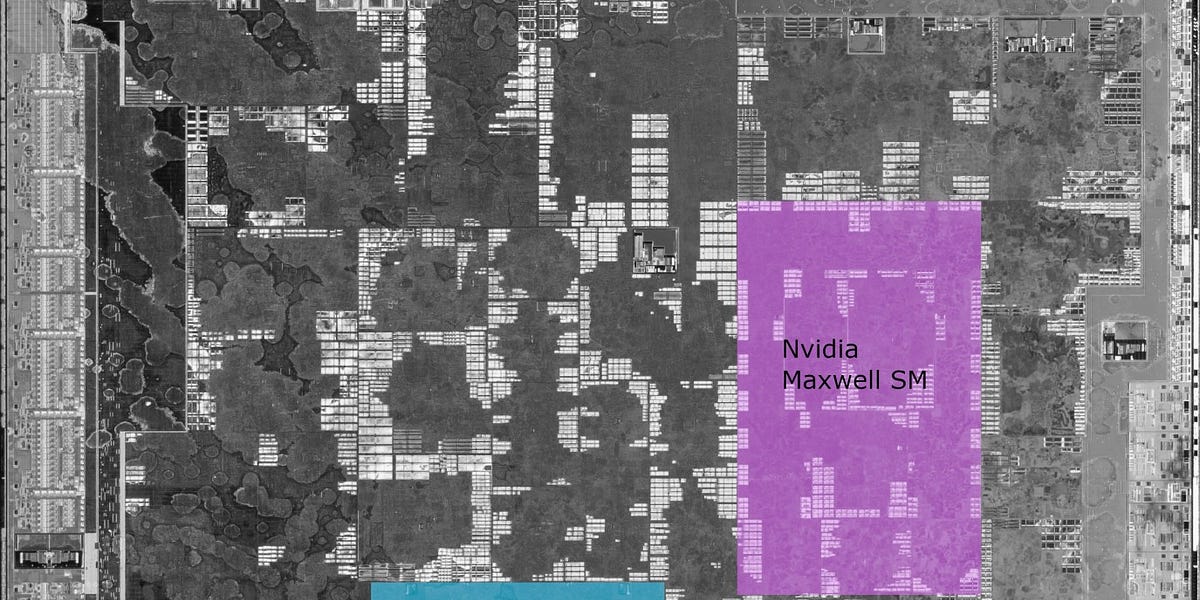sfx2000
Part of the Furniture
Here's another test done from the router itself. I had to double check with "wg show wgc2" during the test to confirm that this traffic was really going through the VPN and not directly to my ISP. The traffic count was indeed going up throughout the test.
Numbers look better - what happens if flow cache is disabled?
On a 1GBbit connection, I would think that the CPU could handle this without HW offload...

